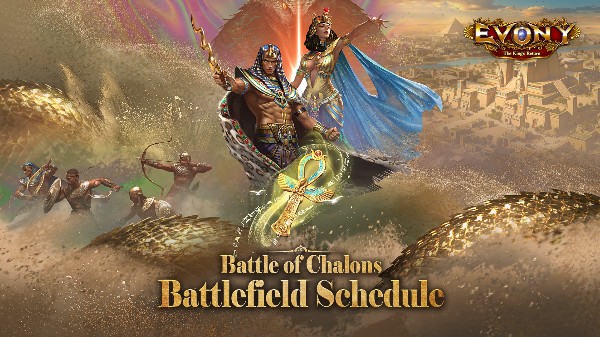Yaoqi Guo: We don’t fear identifying issues at Top Games

The global video gaming market is set to reach $473.7 billion by 2027, growing at 14.2% annually from 2022 to 2027. This rapid growth is driven by advancements in graphics, cloud gaming, and virtual/augmented reality, enhancing the gaming experience significantly. The rise of multiplayer and social gaming, along with increased casual gaming, also boosts the industry.
Developing successful games is challenging. It requires creativity, technical skill, and market understanding. Many projects fail, and even established studios struggle. The key is finding and solving the right problems, not just any problems. Relying on gut feelings can lead to setbacks. Using the scientific method helps identify and prioritize issues effectively.
Independent developers, like those at Top Games, Inc. (TGI), focus on quick verification and solving core problems efficiently. TGI's strategy game, "Evony: The King's Return," launched in 2016, is a prime example. TGI uses data science to overcome personal bias and focuses on goals that impact players the most.
Yaoqi Guo: Don’t fear identifying issues
Yaoqi Guo of TGI advises, “Work fast to implement solutions. Don’t fear identifying issues—improving them creates the best customer experience.” TGI’s VP Benjamin Gifford adds that their focus is on excellence, not perfection. They use data science and OKRs to prioritize impactful work, fostering a culture of constant growth and capability stretching.
"Evony: The King's Return" has shown remarkable success. In 2022, it generated $385,751,902, a 1.5-fold increase from 2021’s $221,676,485. The game saw over 62 million downloads in 2022. In 2023, global net revenue exceeded $355,385,440, with over 200 million cumulative downloads. TGI's titles consistently rank among the top on Apple and Google platforms.
TGI excels by adapting swiftly to market trends, deeply understanding its community, and committing to high-quality development. CEO Yaoqi Guo and VP Benjamin Gifford prioritize user experience, innovative gameplay, and community building. They operate on a 'design, build, and break' philosophy, focusing on quick iterations based on feedback. This allows for rapid pivots and scaling when successful.
Marketing Strategies and IP Collaborations
TGI has released several important IP collaboration events. They have partnered with iconic brands like Kong: Skull Island, Godzilla, and Napoleon. These collaborations boost brand visibility and broaden the audience. TGI seeks further partnerships to enrich gaming experiences and appeal to a wide base of players. These collaborations are fun and exciting, offering a chance to integrate popular movies and other IP into games. TGI is always eager to explore new opportunities that create a win-win-win scenario for players, collaborators, and TGI.
The Role of AI in Enhancing Collaborations
AI is emerging as a game-changer in the industry, automating tasks, fostering creativity, and enabling adaptive gaming environments. Benjamin notes, “We aim to design games that provide top-level user experiences and fun.” TGI uses AI to tailor game experiences, enhance engagement, and streamline development and support. As AI technology advances, it will further enhance IP collaborations, offering players more immersive experiences in graphics, dialogue, and interaction. This will make collaborations even more exciting and engaging for players.
TGI plans to integrate AI into game mechanics and player behavior analysis, enhancing global customer support and interactions. While AI is a powerful tool, TGI recognizes that it cannot replace the intrinsic human creativity driving the interactive art industry forward. However, AI can significantly enhance the depth and quality of player experiences, making future collaborations even more compelling.





